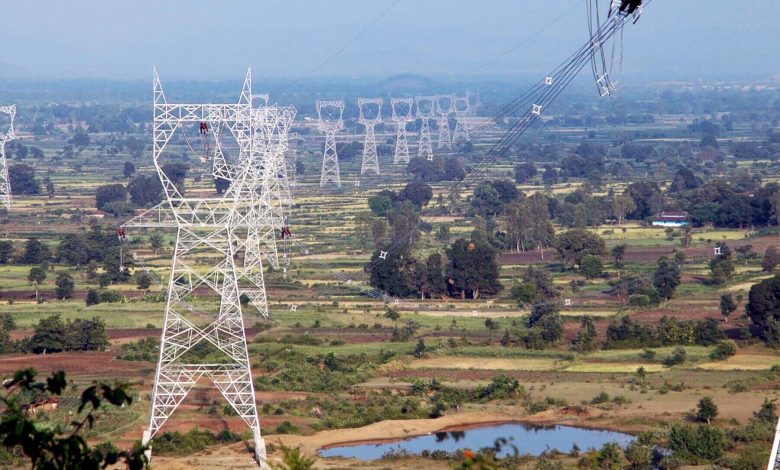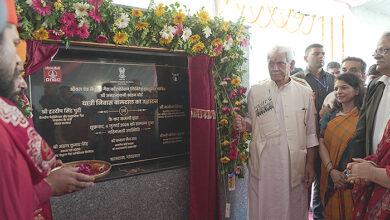Opinion: Public sector in time of Corona

The post-Covid 19 economic crisis may have global ramifications, but its implications for India would far outweigh other nations. With a population of over 1.3 billion, the Indian subcontinent’s woes may be fully known only after the flattening of the Corona curve.
The severe nature of the disease that began in China would test the strength of government and the people in equal measure. Unprecedented developments, with fears of long run recession, will call for major government intervention.
Job creation and immediate availability of cash for marginalised sections of the society are expected to question the economists, who have long argued for leaving all decisions to the market and minimal state intervention.
A robust State intervention is inevitable. The much derided public sector will be the fulcrum on which the government policies to provide succour would rest. Efforts to write an obituary of the public sector have failed again miserably.
The post-independent India’s desire to industrialise from being a largely agricultural economy made establishment of public sector enterprises inevitable. The private sector did not have huge capital and technology needed to enter the core sector in a major way.
Development of infrastructure, maintaining regional balance, creating jobs for its vast population and preventing concentration of economic power in a few hands made creation of public sector enterprises (PSE) the only option. PSEs give leverage to the government to intervene directly or indirectly to prevent economic distortion.
The state-run banks are today at the forefront of government efforts to provide support to industries and individuals hurt by Corona imposed lockdown of the economy. Moratorium and restructuring of loans to businesses that were viable before the lockdown would largely be an exercise driven by the state-run banks.
The directive to PSEs to clear the pending dues of micro, small and medium enterprises has been the bulwark of the Rs20 trillion revival package announced by Prime Minister Narendra Modi last month.
The Corona crisis has provided the government an opportunity to draw a far reaching industrial policy addressing the immediate and long term interests of the Indian economy. While providing for overall growth, the policy needs to also look at the ailments of the PSEs on account of managerial weakness, technical inefficiencies, over manning and low work ethics.
There has to be a sector specific approach as many enterprises have had the best of managerial and technical pools. Most of the private players in the telecom and oil refining sector have drawn on the strength of the public sector. Most of the top brass in the private sector of the two core businesses have been drawn from the public sector.
A clear long and medium vision for the public sector will also guide the private sector in other sectors and provide initiative for focused industrial activity and job creation. Economically liberalized India in coming days will face power of international cartels and multinational corporations and their home government to make concessions as the economic situation globally is fraught with unusual pressures and tension.
Corona has exposed the fault of all previous governments in reducing expenditure on health. The private sector, driven by profit motive, cannot fill the gap of social sector spending of the government.
Policy making driven by merely balancing of government books can no longer be a solution for it could jeopardise the future of India growth story. This is the time for the government to look beyond disinvestment as a tool to make PSEs competitive as well as be the weapons of intervention in times of crisis. That has been the lesson of 2008 global economic meltdown as well as the present Corona driven crisis.




